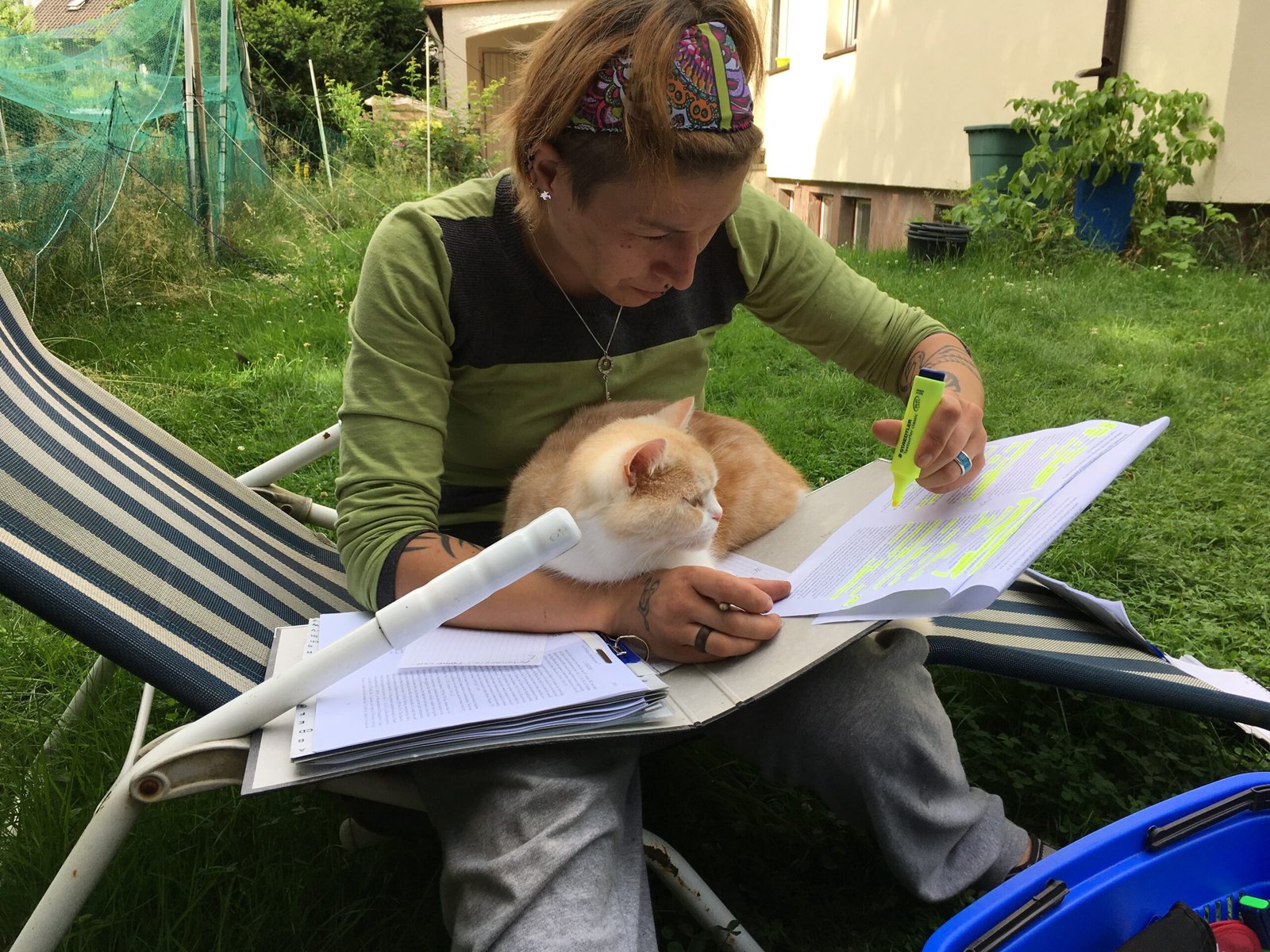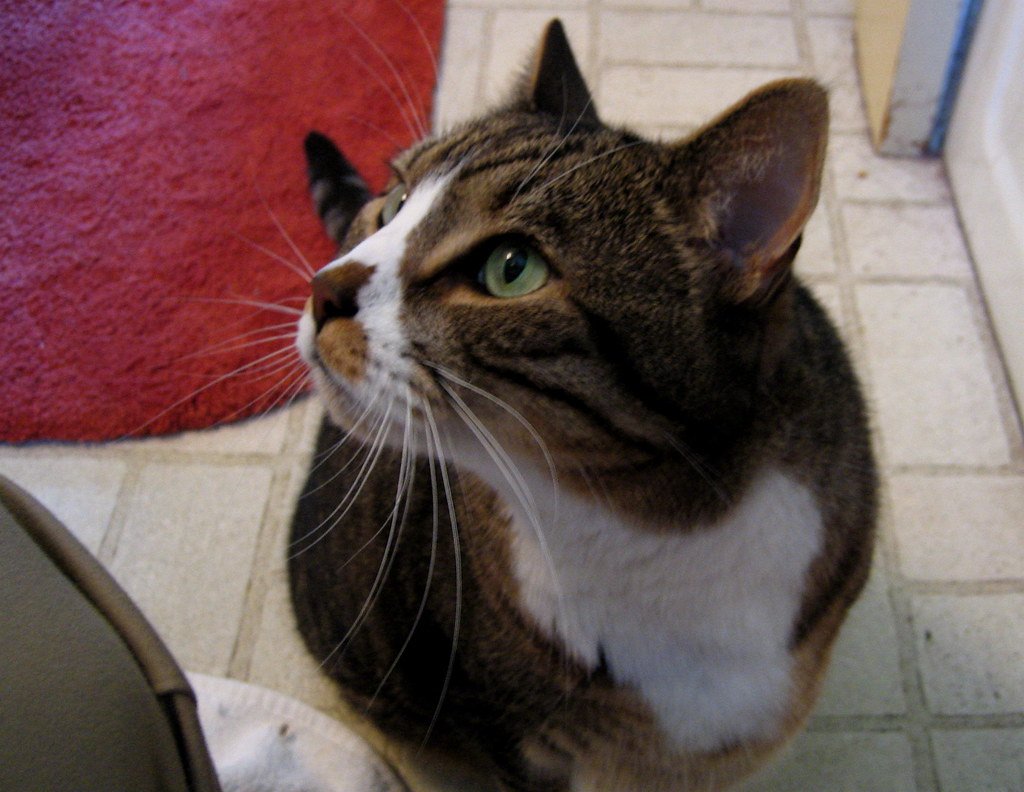Have you ever caught your cat gazing at you with those deep, soulful eyes, almost as if they’re reading your mind? It’s not your imagination—our feline friends are experts at tuning into our moods, often before we fully realize what we’re feeling ourselves. They don’t just respond to your tone of voice or body language; cats pick up on subtle cues that reveal your inner emotional world. As someone who’s spent years surrounded by whiskers and purrs, I can tell you: cats are little emotional detectives, always working to understand us. Let’s dive into the magical, mysterious ways cats sense what’s really going on inside us—and how you can notice these signs in your own daily life.
Recognizing Changes in Your Voice

Cats have incredibly sensitive hearing, and they notice even the smallest changes in your tone or pitch. If you’re feeling sad, your voice might be softer or more hesitant. Your cat may respond by coming closer, meowing gently, or rubbing against you—almost like they’re saying, “I’m here, don’t worry.”
On the flip side, if you’re frustrated or angry, your words might come out sharper or faster. Some cats will give you space, retreating to a safe spot until your mood shifts. Others might watch you with wide eyes, tails low, picking up on your emotional storm long before you slam a door or sigh in defeat.
Reading Your Body Language

Your posture, gestures, and energy levels are like an open book to your cat. If you slump on the couch or move more slowly, your cat may approach quietly, curling up beside you for comfort. They sense when you’re feeling low and offer their presence as a gentle remedy.
When you’re energetic or excited, your movements are quicker and more animated. Cats often mirror this by becoming playful or curious, chasing toys or weaving around your legs. They thrive off the vibe you give off, responding in kind to your physical cues.
Sensing Your Scent
Believe it or not, your scent can change with your emotions, thanks to stress hormones like cortisol. Cats have a keen sense of smell—much sharper than ours—and they pick up on these subtle shifts. When you’re anxious, your cat might sniff you more intently, or even lick your hands as if to soothe you.
Some cats may avoid your lap when you’re stressed, preferring to wait until your scent returns to its usual “happy human” baseline. Others may press closer, kneading or purring to help calm both of you down. It’s their way of connecting through the invisible world of scent.
Reacting to Your Daily Routine

Cats are creatures of habit and quickly notice if your daily routine changes due to emotional ups and downs. If you linger in bed longer or skip their usual playtime, your feline may become more attentive—or even act out by meowing or pawing at the door.
Some cats will bring you toys or follow you from room to room, as if nudging you back toward normal. By observing how your cat responds to deviations in your habits, you can become more aware of how your emotions subtly affect the world around you.
Mirroring Your Emotional State
It’s surprising how often cats mirror our feelings. If you’re calm and relaxed, you’ll probably find your cat stretched out nearby, basking in the same peaceful energy. But if you’re tense or worried, your cat may seem restless or even hide, reflecting your internal state.
Pay close attention the next time you’re upset—does your cat’s behavior shift? Some cats become extra clingy, as if determined to absorb your sadness, while others stay out of sight until the storm passes. These mirrored behaviors are a silent testament to your bond.
Offering Comfort Through Touch
A cat’s touch can be deeply therapeutic. When you’re upset or overwhelmed, your cat might climb into your lap, purr softly, or gently nuzzle your hand. These moments aren’t just coincidence—cats often seek to comfort their humans during emotional times.
Physical contact from your cat can lower your heart rate and make you feel less alone. Sometimes, their purring has been shown to help reduce stress and even promote healing. It’s like having a furry therapist on call, ready to help at the first sign of distress.
Detecting Health-Related Emotional Changes
Emotional shifts can sometimes be tied to health issues, like depression or anxiety. Cats often pick up on these changes before anyone else does. They might become more protective, shadowing you around the house, or try to get your attention with persistent meows.
If your cat’s behavior suddenly changes—becoming more attached or distant—it might be worth checking in with yourself. Cats have an uncanny knack for picking up on things we ignore or push aside, serving as an early warning system for when we need extra care.
So next time your cat looks at you with knowing eyes, remember: they’re not just seeing you, they’re sensing you. Isn’t it amazing how much our whiskered companions understand, even when we try to hide how we feel?





